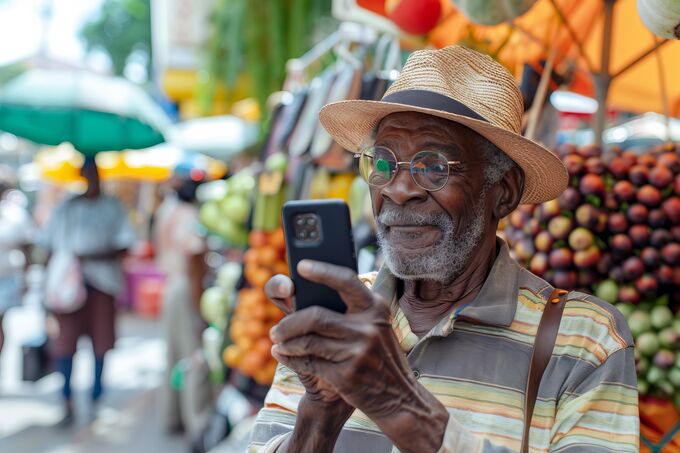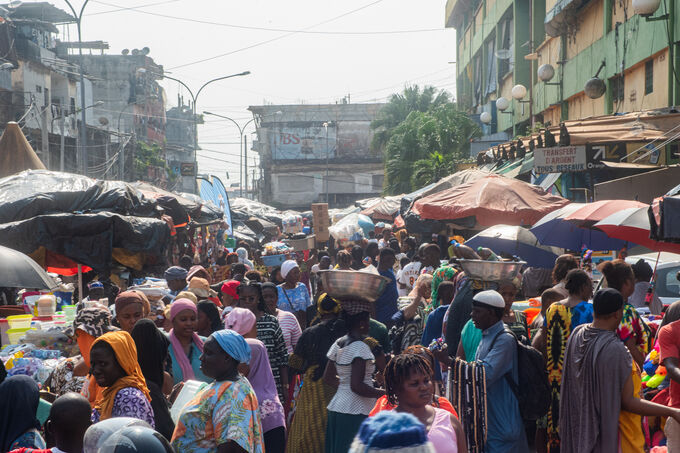
News
What Africa Can Teach the World About Balancing Financial Stability and Inclusion
by Dr. Robert Ochola, CEO, AfricaNenda - 5 February 2025
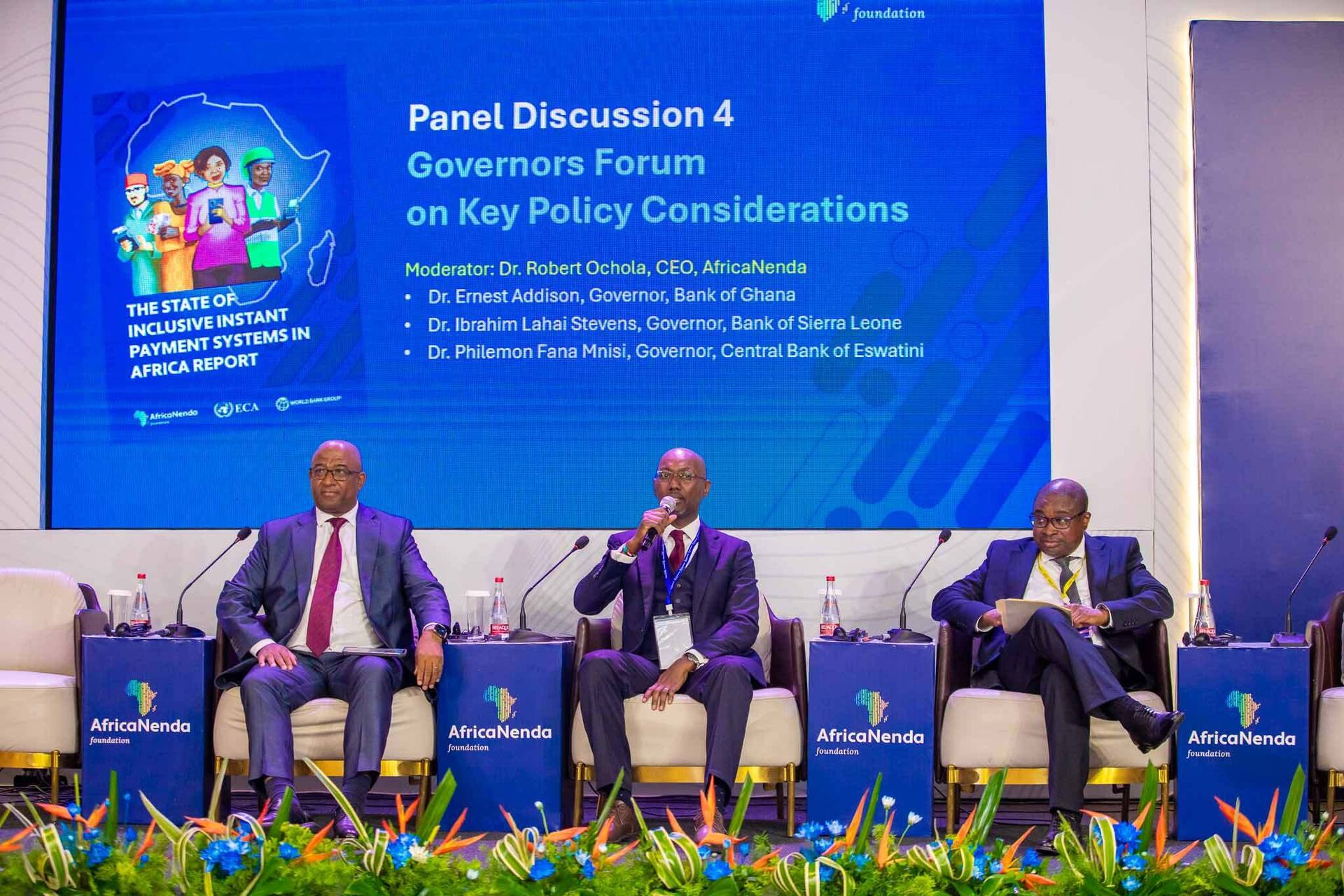
Last November in Accra, Ghana, I had the privilege of moderating a deeply insightful panel at the SIIPS 2024 launch. Our discussion centered on a crucial question: How can African countries balance financial stability with the urgent need for sustainable financial inclusion?
Joining me were two remarkable leaders the Governors of the Central Banks of Eswatini H.E. Dr. Phil Mnisi and Sierra Leone H.E. Dr. Ibrahim Stevens. They shared their experiences in navigating challenges, driving innovation, and ensuring that financial systems serve everyone, not just a select few.
As someone passionate about financial inclusion, I found this conversation both inspiring and reaffirming. It reinforced the role of AfricaNenda in this ecosystem supporting these efforts and helping to build inclusive payment systems that empower people across the continent.
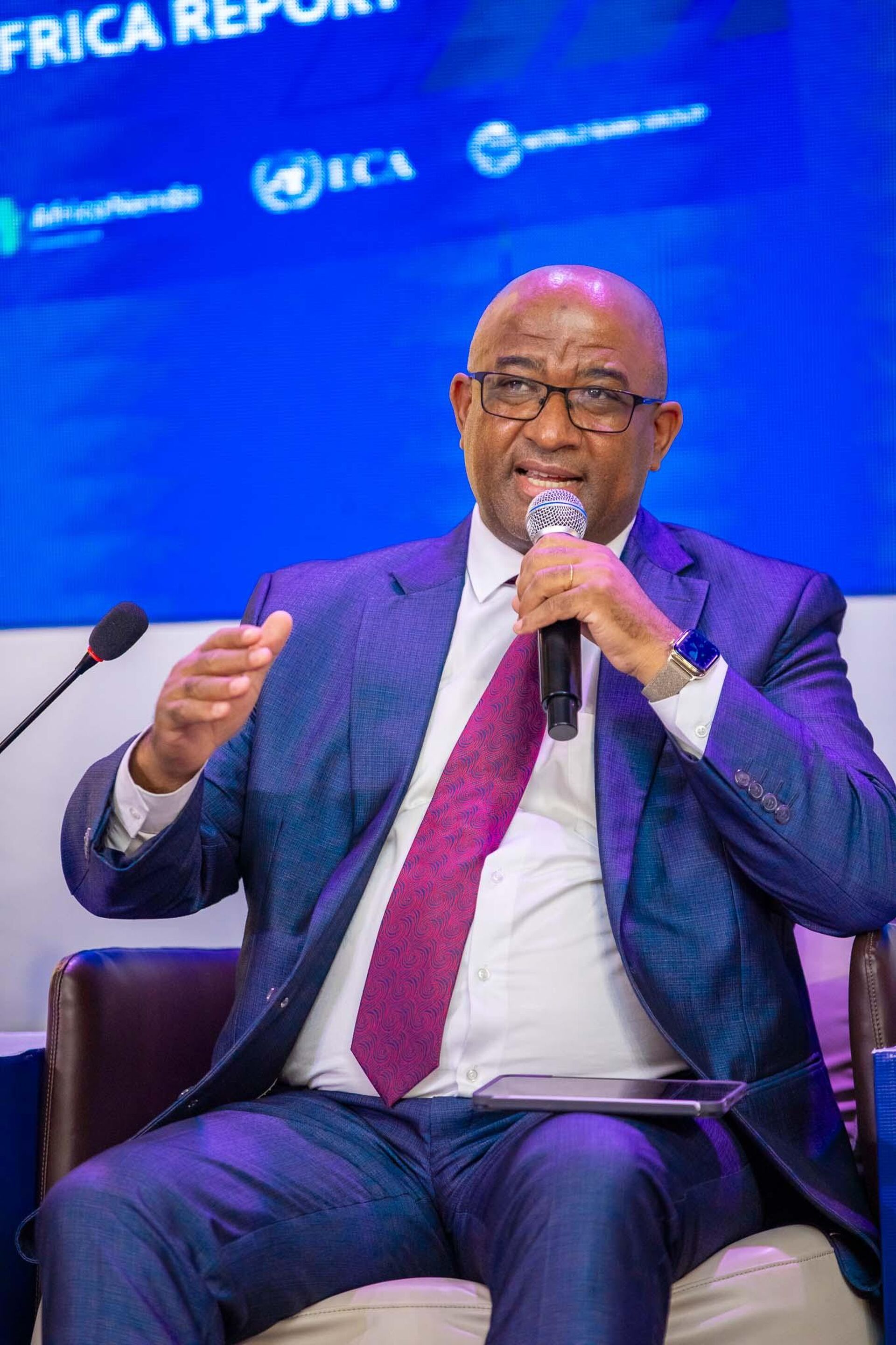
Eswatini Path to Inclusive Payment Systems
The Governor of the Central Bank of Eswatini highlighted their mission: making payment systems more inclusive while safeguarding financial stability.
Eswatini has taken bold steps in this direction, including:
- Establishing a dedicated FinTech department
- Organizing hackathons to encourage innovation
- Updating the Payments Act to allow non-bank players to participate
- Launching a domestic fast-payment system, which went live in December and is currently in its observation phase.
However, the journey has not been without obstacles. Convincing banks many of which are South African-owned to support these innovations was a challenge. Additionally, addressing technical skill gaps and ensuring that new systems are accessible to all remain priorities.
Hearing about these efforts reaffirmed AfricaNenda commitment to supporting such initiatives. We are eager to contribute through technical expertise, knowledge-sharing, and fostering collaboration to drive meaningful change.
Sierra Leone: A Model of Resilience and Progress
Sierra Leone financial inclusion journey has been equally impressive. The launch of the National Financial Switch in May 2022 has been transformative, connecting seven banks and major mobile money operators. As a result, financial inclusion has surged from just 18% in 2021 to nearly 40% today.
Despite this progress, integrating the informal sector remains a significant challenge. Many people are hesitant to engage with formal financial services due to trust issues or a lack of awareness. The Governor emphasized the need for incentives, such as tax discounts, to encourage broader adoption.
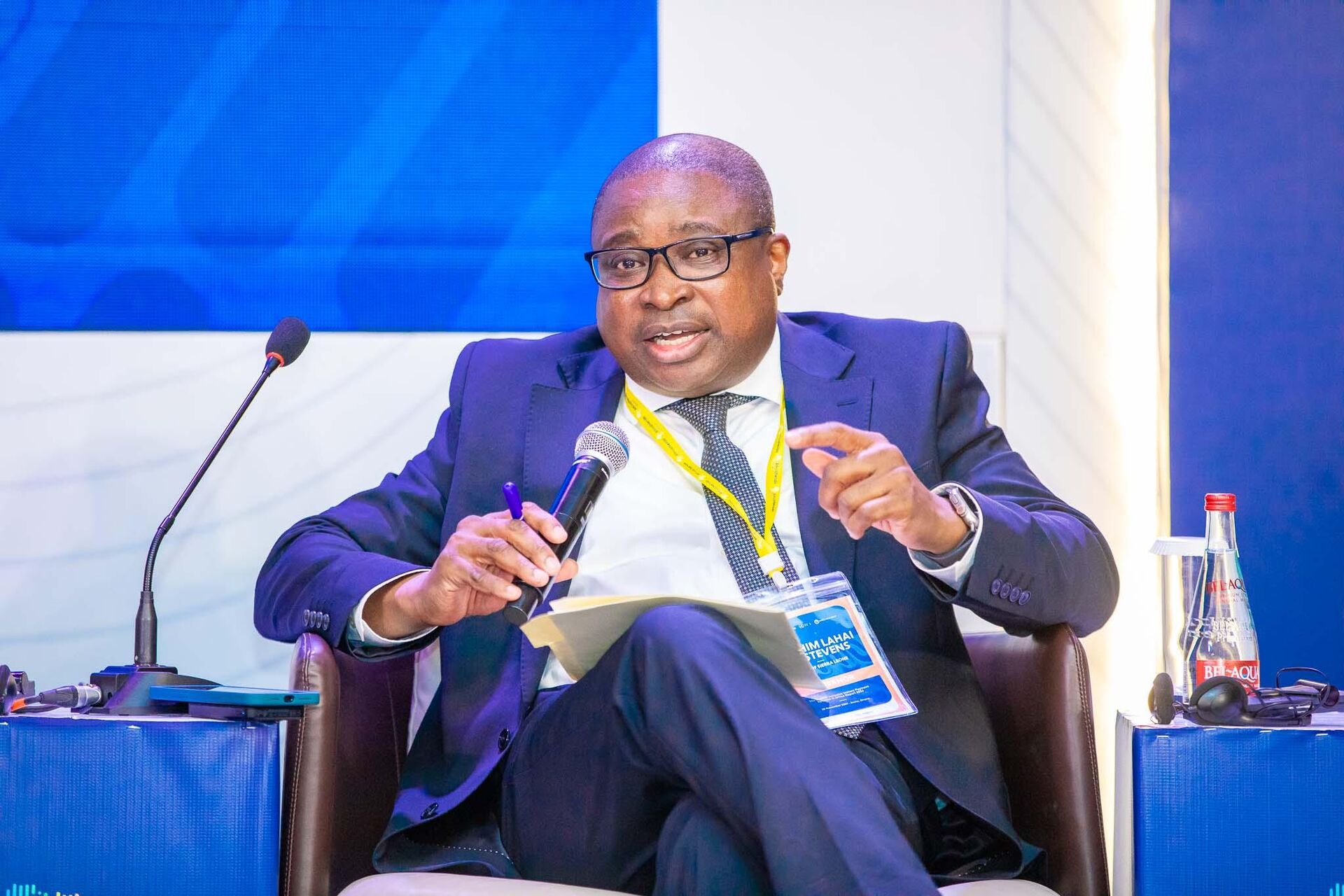
Sierra Leone is also embracing innovation through:
Regulatory sandboxes that enable experimentation with new financial solutions
Tiered licensing models that encourage FinTech collaboration
For us at AfricaNenda, Sierra Leone progress is a testament to the resilience and ingenuity driving financial inclusion in Africa. We are excited about the opportunities to collaborate whether by sharing lessons from other countries or helping scale solutions tailored to their unique needs.
A Unified Vision for Africa Payment Ecosystem
As our discussion unfolded, it became clear that both Governors shared a broader vision: a truly interconnected African payment ecosystem. For Eswatini, this means strengthening intra-African trade and reducing transaction costs by moving away from reliance on foreign currencies like the U.S. dollar.
For Sierra Leone, it about fostering regional cooperation and establishing a College of Supervisors for FinTechs to streamline cross-border payments. These ambitions are bold but they are precisely what Africa needs. They also align closely with AfricaNenda mission: accelerating the development of interoperable, inclusive payment systems across the continent.
Leading, Not Just Catching Up
Moderating this panel left me both hopeful and motivated. Hopeful because the progress we are witnessing in countries like Eswatini and Sierra Leone proves that innovation and inclusion can go hand in hand with financial stability. Motivated because there is still work to be done.
At AfricaNenda, we believe financial systems should serve everyone not just a privileged few. That is why we are here: to support central banks, policymakers, and innovators in building inclusive instant payment systems that leave no one behind. This conversation reminded me of a powerful truth: Africa doesn’t just have the potential to catch up with the rest of the world in financial inclusion we have the opportunity to lead.
The stories shared at SIIPS 2024 are proof of that. They show that when we collaborate, innovate, and put people first, we can build financial systems that truly make a difference.
“Africa must find its pivotal moment rooted in the acceleration of financial inclusion.”

